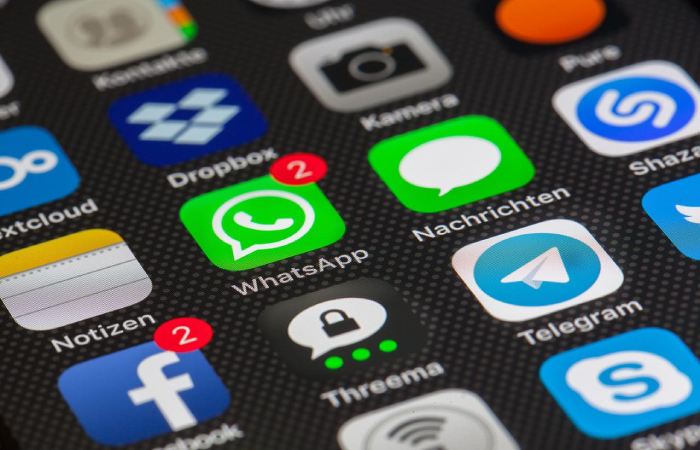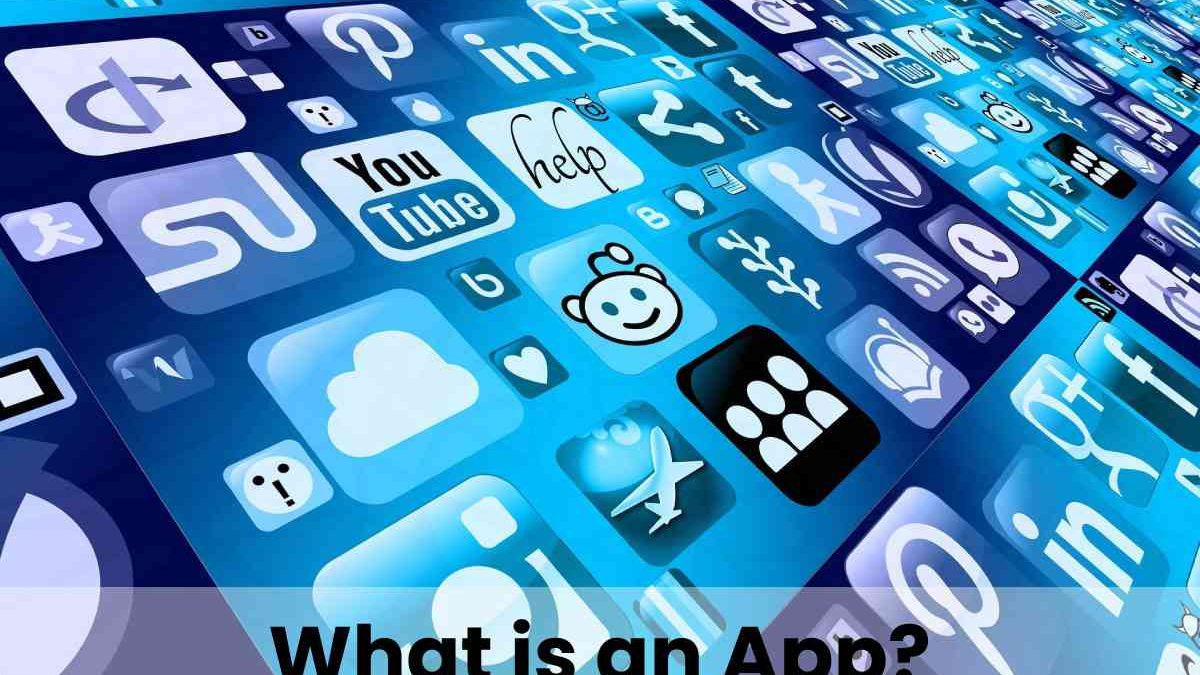Table of Contents
Introduction
In this article, we can discuss and learn about App. What is an App? The short form of an Application is called An App. It is software that must be installed and run on network devices. Most apps have an exact and narrow function. Millions of apps are currently accessible in various categories like business, productivity, shopping and scheduling. For your understanding we can take an example of an online shopping app which customers use and that can’t remain used for other purposes like food delivery, stocks etc.
What are the Advantages of using Apps?

1 Mobile app suggests better personalization
Personalization offers tailored communication to users based on their interests, location, usage behaviour, and more.
With mobile apps, it’s easy to treat users with a personalized experience. Using a mobile app A/B testing tool, you can also test out different backgrounds for your customers.
Mobile apps can let users set up their preferences at the start, based on which users can get served with customized content. Apps can also track customer engagement and then utilize it to offer custom recommendations and updates to the users. Furthermore, they can also identify the users’ location in real-time to provide geography-specific content.
It personalization is better than mobile website personalization
However, improving user experience is not the only purpose that personalization serves. It can also help improve the conversion rate of apps.
When users get pampered with personalized content, they have a higher chance of converting as it offers a human touch—opposed to generic content that seems robotic or automated.
2 Ease of sending notifications
An email has been the most widely-used business communication tool for the last couple of decades. Businesses have extensively used email (some almost abused it) to reach out to their users. As a result, email has lost the effectiveness it once had; its open rates and click rates have constantly dropped.
Well, there’s no reason to worry.
Enter mobile app notifications. These notifications are of two types: push and in-app. Both are exciting alternatives for communicating with app users far less intrusively.
The ability to send instant, non-intrusive notifications to users is so desirable that it is one of the key reasons why many businesses want to have a mobile app in the first place.
In-app notifications are the notifications that users can only receive when they have opened an [app]. On the other hand, push notifications are those that users can receive regardless of any activity they do on their mobile devices.
There have been instances where the push medium of notifications has delivered click-through rates of 40%. If you choose a mobile website or have one while building, you can send your push notifications with VWO Engage.
Sign up for a free trial and see how easy it is to send notifications to your desktop and mobile users.
Conclusion
An app, or software application, isn’t directly accessible on the internet. Rather, it must be downloaded on a smartphone or tablet.
The App Store is an app marketplace operated by Apple Inc. developed and maintained mobile apps on its iOS and iPadOS operating systems. The Store allows users to browse and download approved apps developed within Apple’s iOS SDK.
Also Read: Amazon App CS11 Error? Try These Fixes

